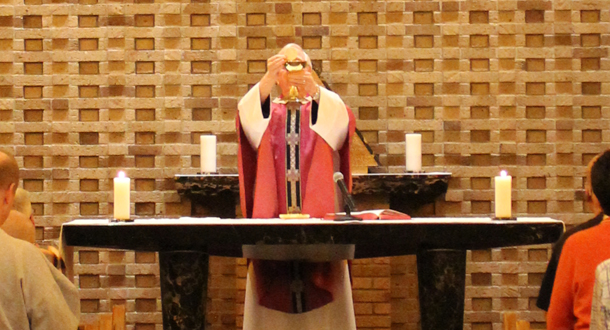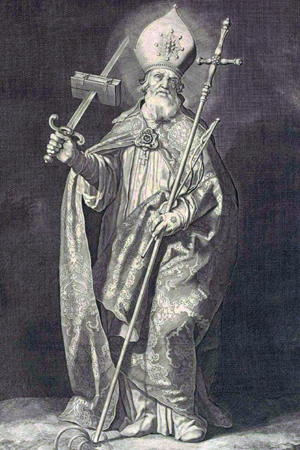Feast of the Immaculate Heart of Mary
Scripture:
2 Corinthians 5:14-21
Luke 2:41-51
Reflection:

Today as we celebrate the Feast of The Immaculate Heart of Mary, we pause to reflect on Mary, the Mother of God and what place she has in our lives. In the Gospel of Luke we hear the familiar story of the holy family going to Jerusalem for the Passover and after it was over, they traveled home thinking all the time that Jesus was with the group of family and friends they were traveling with. It is not hard to imagine their fear and frustration they upon realizing that he was not with them. What parent or friend having lost someone in that way does not immediately think the worst has happened and despair sets in. Fear turned to relief when they were reunited with him in Jerusalem. Even though they were a bit exasperated when Jesus did not share their concern for his safety. Another one of those occasions that give parents fits.
Mary, for her part ‘kept all these things in her heart.” What does it mean ‘to keep things in our heart’?! As spiritual seekers we must be aware that deep within, in our heart of hearts is where we meet the Divine, where we encounter the Mystery that is beyond words or explanation. God invites us to come deeper, to trust more fully, to enter into the silence. This is where we are fed and nurtured with the spirit of God.
We are surrounded with so much busyness these days, with family, work, community, and even church responsibilities and events that we don’t make the time to get in touch with our heart time. Mary had many instances where she pondered many things in her heart. She found peace in her heart of hearts, the space she alone could commune with God. This was her holy space where she gained strength to meet the challenges of daily life as the mother of Jesus.
When we make the effort to set time aside to just BE, to enter into that holy space where we meet our God, where we receive nourishment for the journey, then we are truly at peace. Summertime offers us a chance to enjoy life at a different pace. Where are you going on vacation this summer? Why don’t you spend some time resting in God’s loving embrace that can only happen deep in your heart of hearts. Enjoy your vacation with God this summer!
Theresa Secord is a retired Pastoral Associate at St. Agnes Parish, Louisville, Kentucky.







